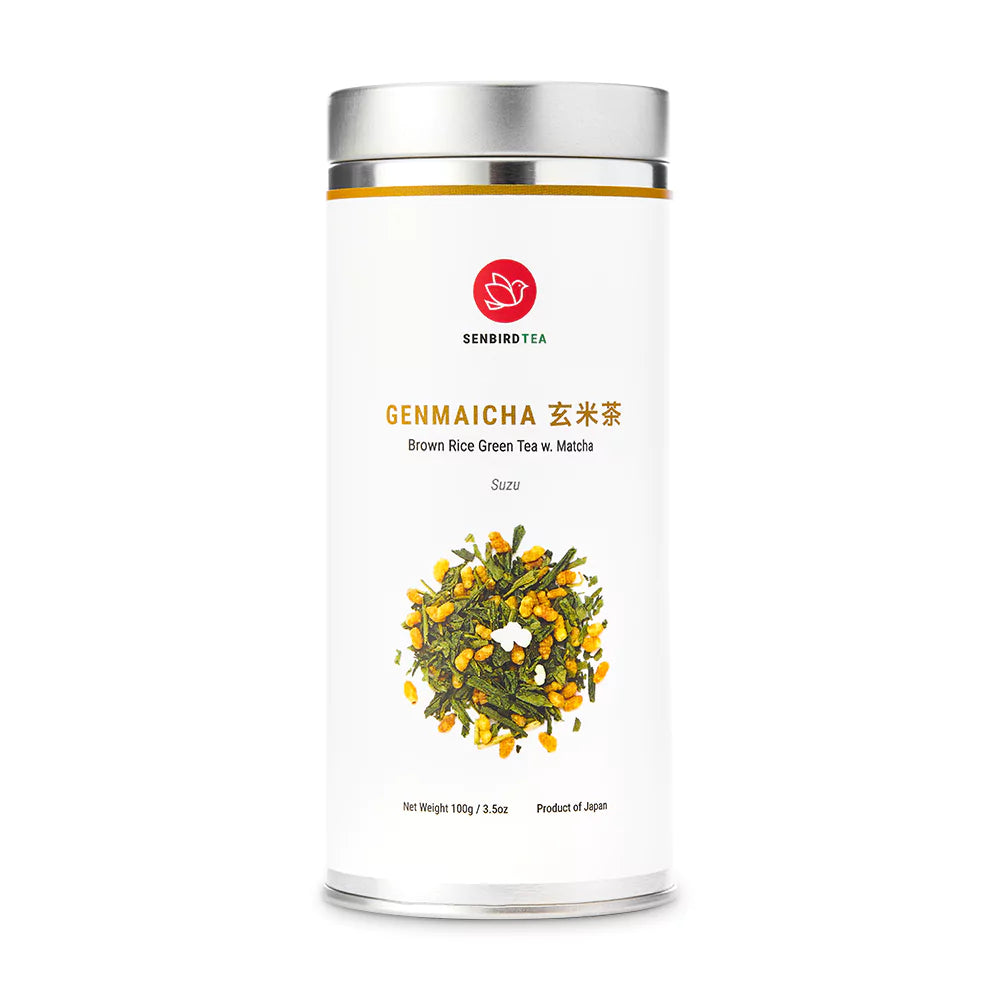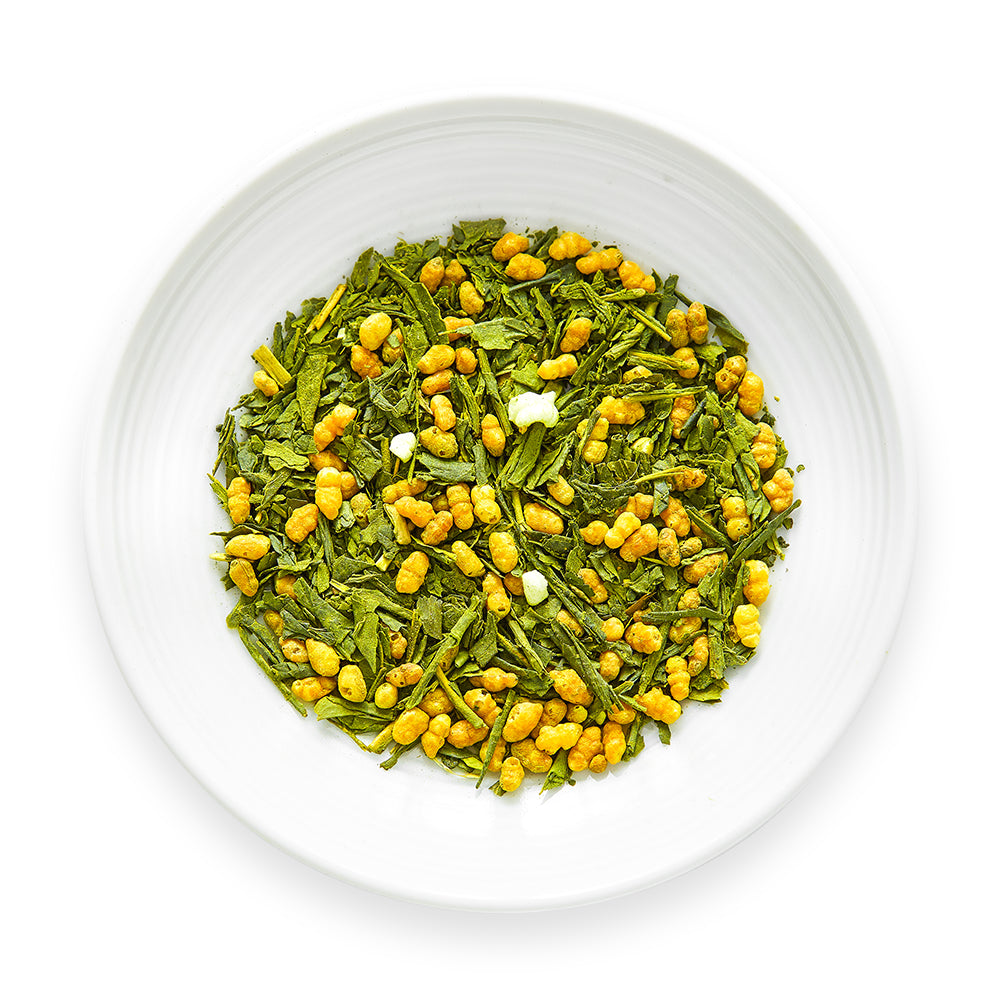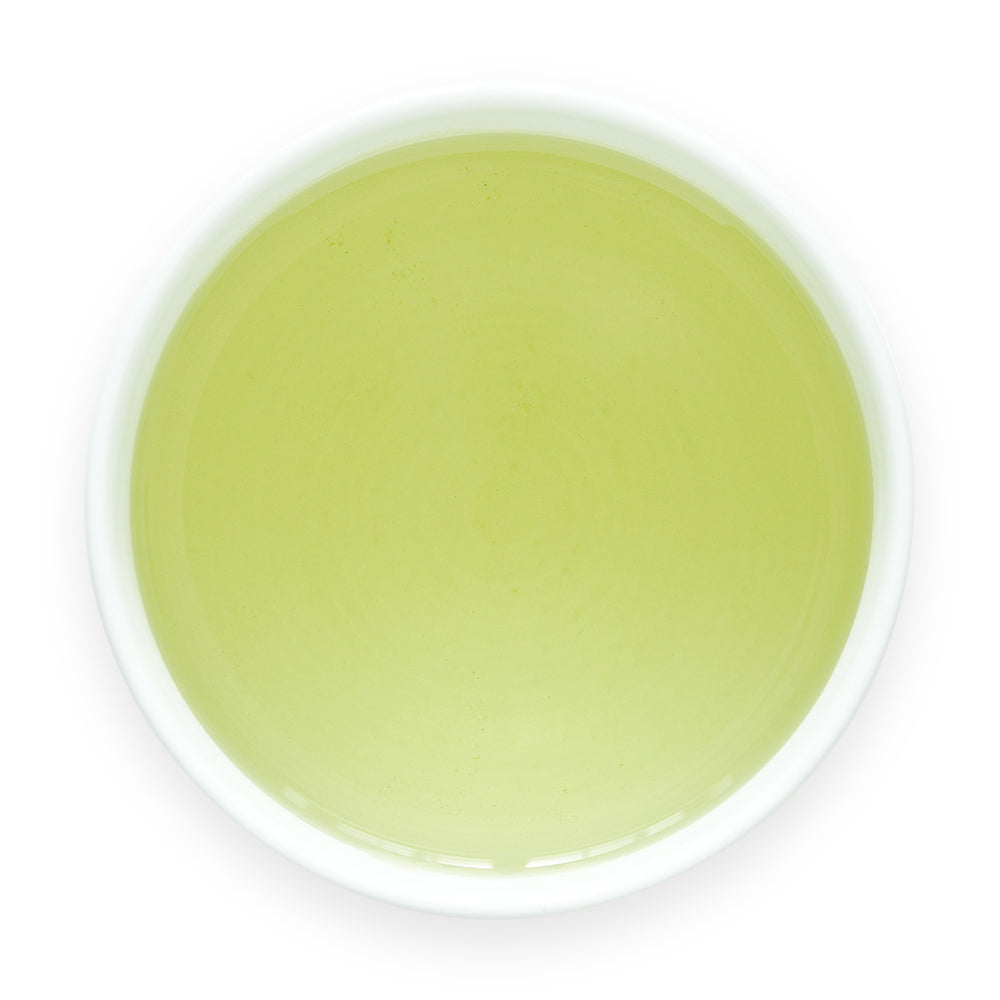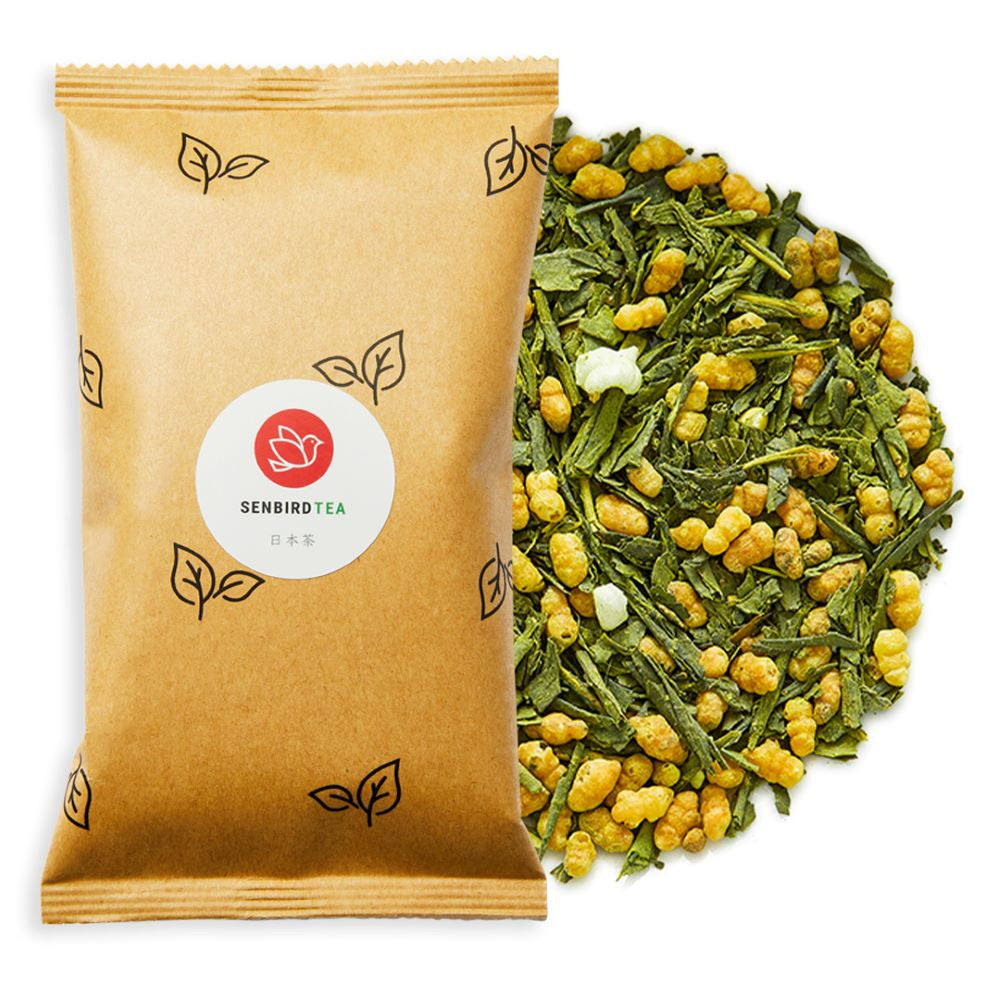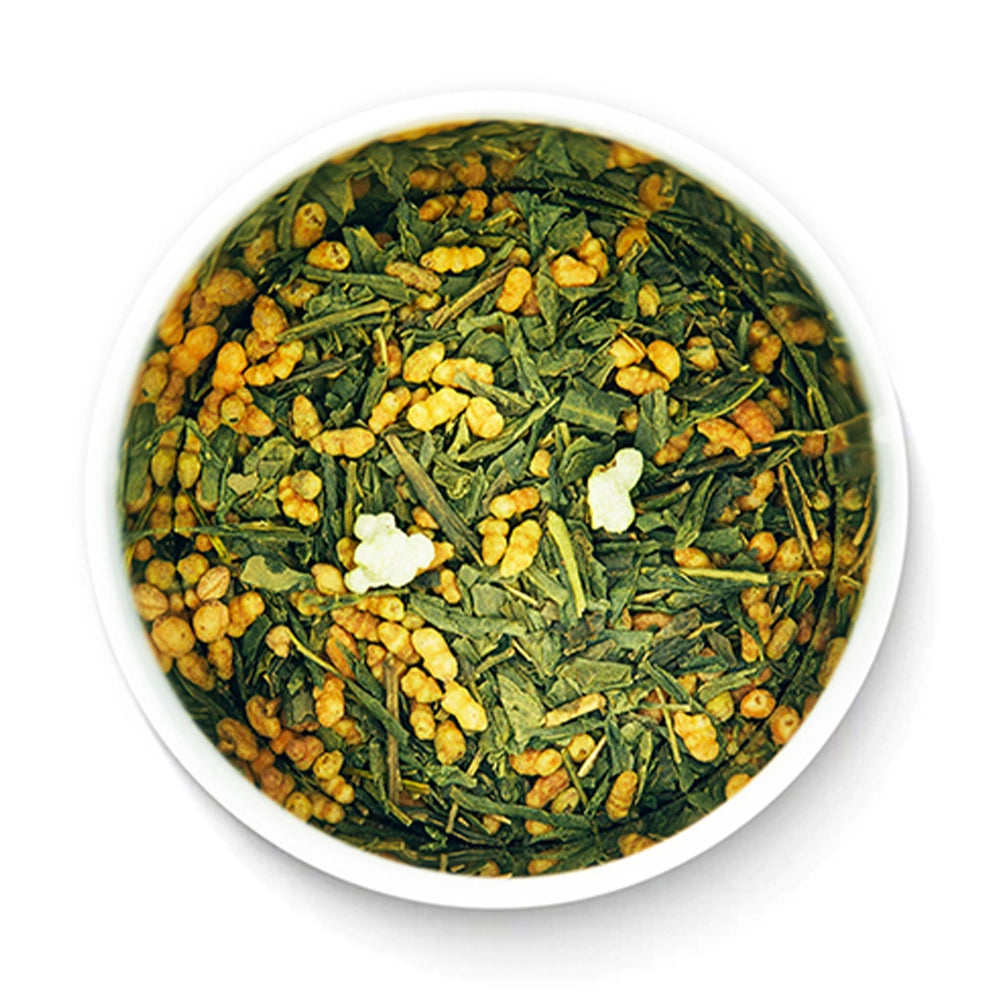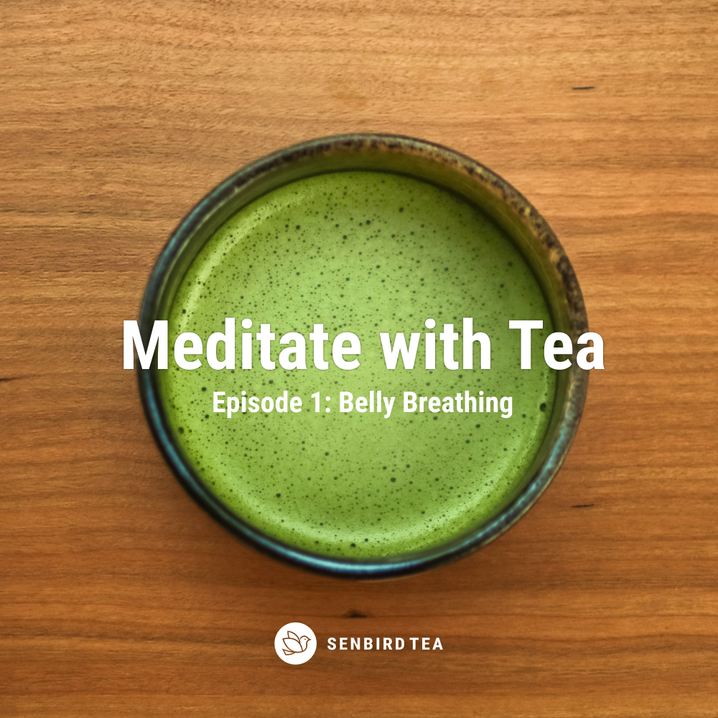


Belly breathing (diaphragmatic breathing) is one of the most accessible meditation techniques for beginners, and pairing it with tea creates a multisensory mindfulness practice that engages sight, touch, smell, and taste. In this first episode of the Senbird Tea "Meditate With Tea" podcast series, certified Korru Meditation coach Arik Zeevy guides listeners through a simple belly breathing meditation designed to be practiced with a warm cup of Japanese green tea.
Belly breathing, also called diaphragmatic breathing, is a technique where you consciously breathe deeply into your abdomen rather than shallowly into your chest. When you inhale, your diaphragm contracts downward, allowing your lungs to fully expand and your belly to rise. When you exhale, the diaphragm relaxes and the belly falls. This activates the parasympathetic nervous system—your body’s natural "rest and digest" response.
Research published in Frontiers in Human Neuroscience (2017) found that diaphragmatic breathing significantly reduces cortisol levels and increases sustained attention. A separate study in the Journal of Alternative and Complementary Medicine (2010) showed that just 20 minutes of deep breathing reduced heart rate and blood pressure in participants. These benefits make belly breathing an ideal starting point for anyone new to meditation.
Tea and meditation share a long history rooted in Japanese Zen Buddhist tradition. Monks drank matcha to maintain calm alertness during long meditation sessions, relying on the combination of caffeine and L-theanine for focused awareness without restlessness. Practicing meditation while holding and sipping tea adds a physical anchor to the practice: the warmth of the cup, the aroma of the leaves, and the taste of each sip become focal points that help quiet a wandering mind. Senbird Tea’s sencha and gyokuro are particularly well-suited for tea meditation due to their high L-theanine content and calming umami flavor.
Follow this step-by-step guide adapted from Arik Zeevy’s guided meditation in the podcast episode above. You will need a freshly brewed cup of Senbird Tea (sencha, gyokuro, or any tea you enjoy) and a quiet space where you can sit comfortably for 5–10 minutes.
Brew your tea with full attention. Notice the sound of water boiling, the color changing as the leaves steep, and the aroma rising from your cup. This preparation itself is the beginning of your meditation. Hold the cup in both hands and feel the warmth radiating through your palms.
Sit in a chair or on a cushion with your back straight but not rigid. Place your feet flat on the floor if in a chair. Rest your tea cup in your hands on your lap or on a table within easy reach. Close your eyes or soften your gaze downward.
Place one hand on your chest and one on your belly. Inhale slowly through your nose for a count of four, directing the breath deep into your abdomen. Your belly should rise while your chest stays relatively still. Exhale slowly through your mouth for a count of six, feeling your belly fall. Repeat this pattern for 5–10 breath cycles.
After every 3–4 breath cycles, take a slow, mindful sip of your tea. Notice the temperature on your lips, the flavor spreading across your tongue, and the warmth traveling down your throat. Then return to belly breathing. The tea becomes an anchor that brings you back to the present moment whenever your mind wanders.
After 5–10 minutes, take a final sip of tea, take three deep belly breaths, and slowly open your eyes. Notice how your body feels. Many practitioners report a sense of calm clarity and reduced tension after just one session.
| Technique | Focus | Best For | Difficulty | Podcast Episode |
|---|---|---|---|---|
| Belly Breathing | Breath + abdomen | Beginners, stress relief | Easy | Episode 1 |
| Tea Meditation | Sensory awareness | Mindfulness practice | Easy | Episode 2 |
| Mantra Meditation | Repeated phrase | Focus, spiritual practice | Moderate | Episode 3 |
Start with just 5 minutes per session. Research shows that even brief diaphragmatic breathing sessions produce measurable reductions in cortisol and heart rate. As the practice becomes comfortable, gradually extend to 10–20 minutes. The Senbird Tea podcast episode provides a guided session that runs approximately 15 minutes.
Teas high in L-theanine are ideal because this amino acid promotes calm alertness without drowsiness. Senbird Tea’s gyokuro and sencha have some of the highest L-theanine concentrations among Japanese green teas. Hojicha is another excellent choice for evening meditation due to its lower caffeine content and soothing roasted aroma.
Absolutely. Belly breathing is effective on its own and can be practiced anywhere—at your desk, in bed, or during a commute. The tea simply adds a sensory anchor that many beginners find helpful for maintaining focus. Over time, you may find you can meditate deeply without any external aid.
Most adults default to shallow chest breathing due to years of habit and stress. Start by lying on your back with a book on your belly—focus on making the book rise with each inhale and fall with each exhale. Once the pattern feels natural, try it seated. It typically takes 1–2 weeks of daily practice before belly breathing becomes automatic.
While this podcast series is not a formal Japanese tea ceremony (chanoyu), the principles of mindful attention, gratitude, and present-moment awareness are shared. Japanese tea ceremony emphasizes ichigo ichie—“one time, one meeting”—treating each cup of tea as a unique, unrepeatable moment. That same philosophy underpins the Senbird Tea approach to tea meditation.
抹茶入り玄米茶鈴
A blend of roasted brown rice and Kyoto matcha, creating a soothing green tea with a warm, toasty rice aroma and a refreshing, comforting flavor.
